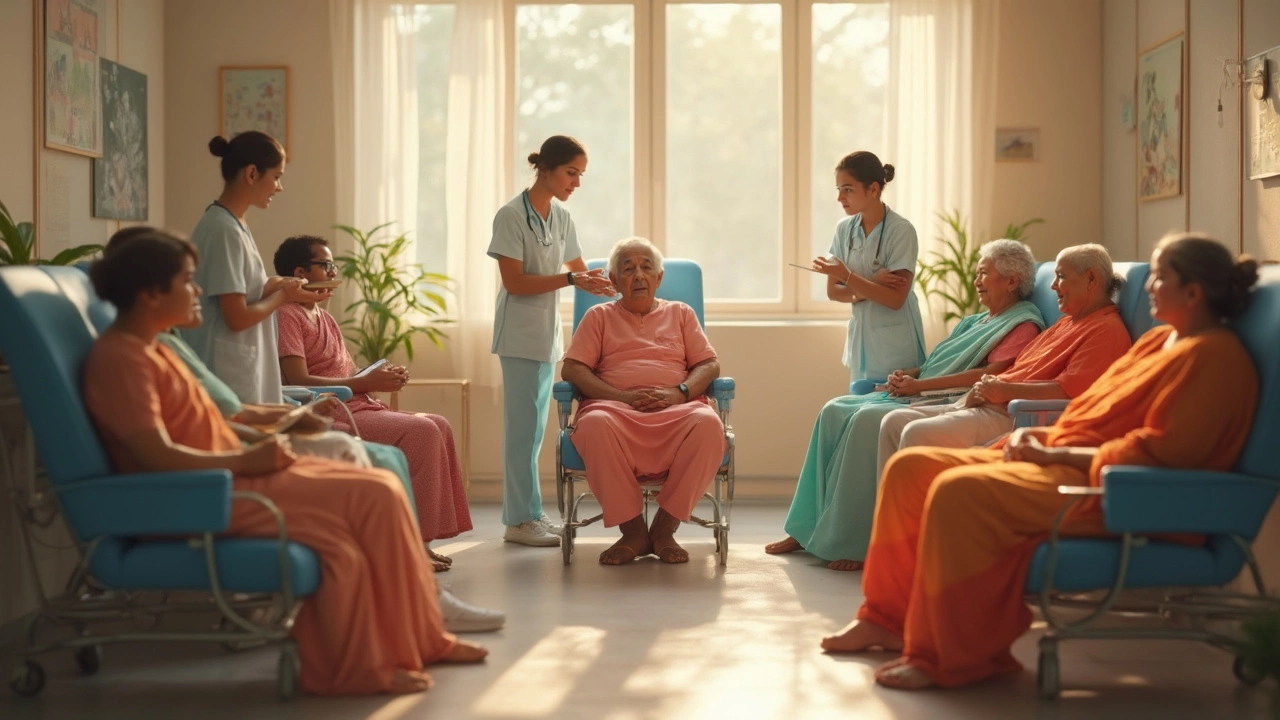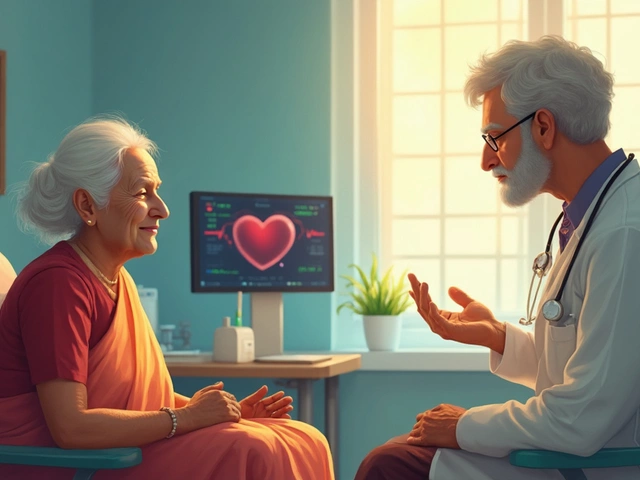Chemotherapy Treatments: Essential Guide for Patients and Caregivers
If you or a loved one is starting chemo, the flood of medical jargon can feel overwhelming. This guide cuts through the noise, giving you straight‑forward answers about how the drugs work, what to expect, and how to stay as comfortable as possible.
How Chemotherapy Works
Chemotherapy uses powerful medicines that travel through the bloodstream to attack fast‑growing cells. Cancer cells multiply quickly, so they’re the main target, but the drugs can also affect healthy cells that divide fast, like those in your gut, hair follicles, and bone marrow. That’s why you might lose hair or feel queasy during treatment.
Doctors pick a regimen based on the type of cancer, its stage, and your overall health. Some protocols use a single drug, while others combine several in cycles—usually a few weeks of treatment followed by a rest period. The rest days give your body time to recover before the next round.
Managing Side Effects
Side effects are the most common worry, but most can be managed with simple steps. Nausea often improves with anti‑vomit meds taken before the chemo infusion. Eating small, bland meals and staying hydrated can also help.
Low blood counts are another frequent issue. Your doctor may recommend growth‑factor injections or schedule regular blood tests to catch problems early. If you feel unusually tired, try short naps and gentle walks; over‑exertion can make fatigue worse.
Hair loss can be stressful, but it’s usually temporary. Many patients wear soft caps or scarves during treatment and see hair grow back several months after the last cycle.
Keep a symptom diary—note when side effects start, how severe they are, and what helps. Sharing this record with your oncologist makes it easier to adjust doses or add supportive medicines.
Nutrition plays a big role too. Focus on protein‑rich foods like lentils, eggs, and yoghurt to aid tissue repair. If your appetite drops, smoothies with fruit, milk, and a scoop of protein powder are easy to sip.
Emotional health matters as much as physical health. Talking to a counselor, joining a support group, or simply sharing your feelings with friends can reduce anxiety and improve coping.
Finally, never skip follow‑up appointments. Your treatment plan may change based on scans, blood work, or how your body reacts. Staying engaged with your care team keeps you in control and helps catch any issues early.
Chemotherapy can be tough, but understanding the process and having practical tools at hand makes it manageable. Use this guide as a starting point, ask questions, and remember that many people successfully finish treatment and move on to a healthier life.

Is 4 Rounds of Chemo a Lot? Understanding Chemo Treatments and What to Expect
Explore what 4 rounds of chemotherapy really means, how it compares to other treatment plans, and tips to manage side effects—explained in plain language.




